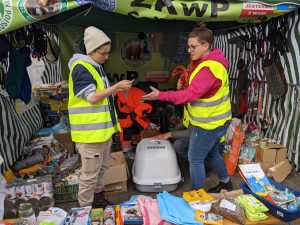Crisis as the Potential for Collective Action: Violence and Humanitarianism on the Polish-Ukrainian Border
Iwona Kaliszewska (University of Warsaw), with Elisabeth Cullen Dunn
March 5, 15-16 (Helsinki Time, EET)
The notion of crisis once referred to the short, sharp shock of an acute event. Today, it refers more broadly to any event that ruptures stable historical narratives, disrupts once-indisputable teleologies and opens new and undesirable visions of the future. For volunteers in Poland working to support Ukrainian refugees and the Ukrainian military, the Russian invasion of Ukraine posed a crisis because it challenged the supposed inevitability of Poland’s membership in the EU and in the West more generally, threatening to catapult Poland back into a history of war and Russian domination. But for the volunteers, the crisis was also a temporality in which their own actions took on outsize importance, allowing them to attempt to shape history as they worked on seemingly mundane tasks of provisioning and transport. The presentation is based on field research conducted in Ukraine and in the Polish-Ukrainian borderlands between March 2022 and February 2023.
Iwona Kaliszewska is an Assistant Professor at the Institute of Ethnology and Cultural Anthropology at the University of Warsaw. Her research focuses on intersections among Islam, state and anti-state violence, and more recently on war and humanitarian crisis. Iwona has been conducting research projects in Dagestan and Chechnya since 2004, and lately in the Polish-Ukrainian borderlands. Her most recent book “For Putin and for Sharia. Dagestani Muslims and the Islamic State” has recently been published by the Cornell University Press.
Registration link: https://elomake.helsinki.fi/lomakkeet/128473/lomake.html

Photo by Iwona Kaliszewska